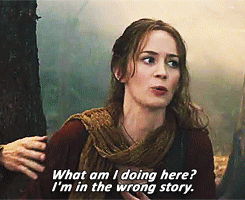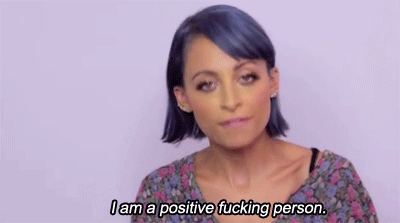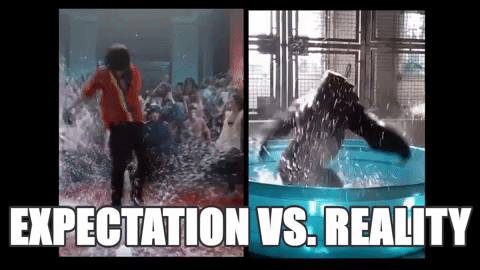We all need someone in our lives who listens to us -- a friend, a family member, a mentor, a teacher, or maybe, a therapist. Therapy used to be a dirty word, a stigmatized word, and in some communities, it still is, but it makes a difference. As someone with no specific mental health problem (depression here and anxiety there), I benefited from traditional therapy and now enjoy the path of cognitive behavioral therapy (CBT).
CBT is an intervention that focuses on changing, re-framing, or rerouting unhelpful and potentially harmful patterns of thinking (feelings, attitudes, beliefs) through teaching skills and coping mechanisms as well as reflecting on and being aware of distorted views.
We all have these thoughts, but sometimes they become overwhelming, exhausting, or we simply don't want to deal with them anymore. That is where CBT comes in to inform and help us move past the thoughts that hold us back or bring us down. Acknowledging and understanding our cognitive distortions allow us to move past them.
1. Jumping to Conclusions
I have found myself coming up with wild assumption after assumption after I don't hear back from someone or I become anxious at the thought of someone's response to something I've said or sent.
My mind wanders and over-analyzes everything that leads me to a crazy conclusion that is likely incorrect -- they've been abducted by aliens, the subways stopped working and they are trapped underground, or they are ghosting me.
2. Overgeneralizing
It's so easy to misjudge people or situations based on previous experiences. Sometimes we don't even realize how we have developed prejudices or biases because of the past. We assume that something will always happen because it happened one time. I've thought to myself, "Of course this annoying situation would happen to me. This ALWAYS happens to me." Woe is me, right?
3. All-Or-Nothing Thinking
Similarly to statements that overgeneralize, all-or-nothing thinking separates things into two categories - good or bad, success or failure, and so on and so forth. It puts a lot of pressure and stress on trying to end up in the good box. thinking this way is a way to be too hard on oneself or others. Live in the gray area!
4. Fortunetelling
Trying to predict a future outcome usually ends up being a self-fulfilling prophecy. I've told myself I am going to be terrible at my job or on a test when I am just putting myself down and not giving myself a chance.
5. Mind-reading
Assuming that we know what someone else is thinking or feeling without any evidence. I've misread actions of others simply because they were different from how I would show I care.
6. Personalization
Taking the blame or responsibility for some negative event or situation that you had zero control over. When I am late because of train delays or work has got me running behind, I can get upset with myself even when I tell myself that things come up and I, like everyone else, am doing my best.
7. Discounting the positive
When something good happens, thinking it is a fluke or unimportant. I often become absorbed in a negative narrative, and I give bad things more power than the good. For every five positive experiences, I think of twenty negative experiences.
8. Magnifying or Minimizing
Similar to discounting the positive, when we magnify or minimize positive or negative events we distort reality. I've told myself that even though I am kind, I am not successful or smart or a thousand other things I think I should be. Thinking the worst or making a mountain out of a molehill leads to anxiety, not productivity.
9. Should/Should Not Thinking
Using "I should" or "I should not" do certain things instead of owning that maybe you'd prefer not to do something. Living constrained by what we tell ourselves is right or wrong is a lot of pressure! I hear a voice in my head saying I should do more for others, give more to others, and oftentimes, that leads to me ignoring myself.
10. Emotional Reasoning
This is a tough one -- believing something must be true because we feel it is true. I've felt like I am not enough or that I am too much for friends, partners, and the people in my life and therefore, see myself as a problem because I feel down about myself.
Cognitive distortions are riddled with error and skewed perceptions of who we are and what is going on. We are how we think, what we feel, and the behaviors and actions that come from our thoughts and feelings.

















































